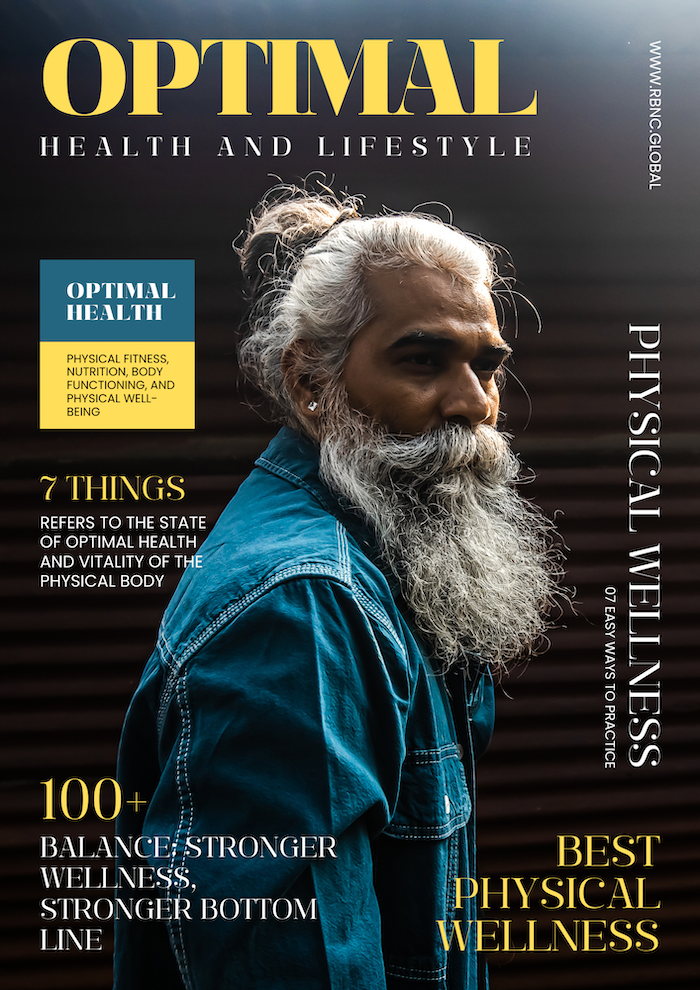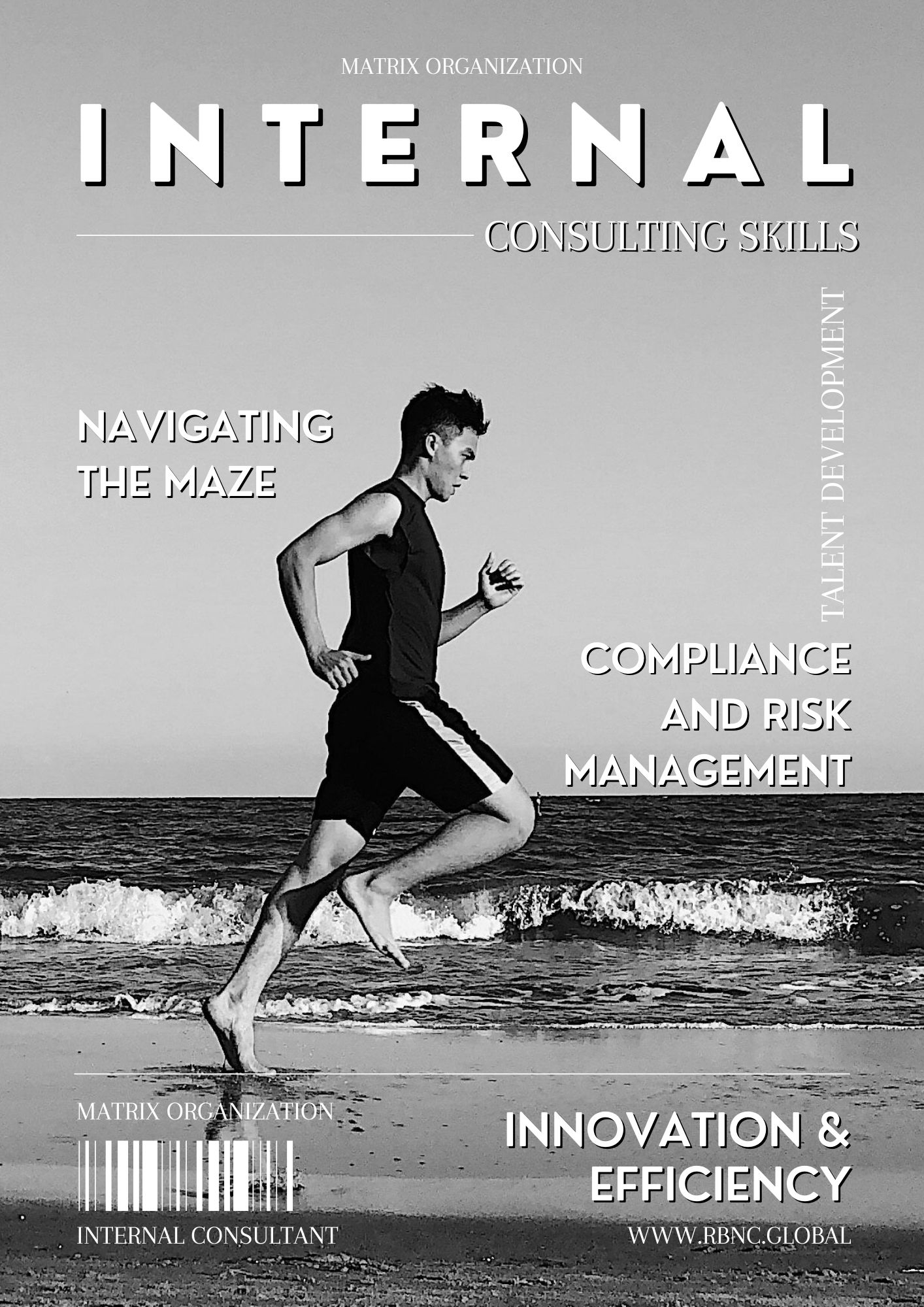Physical Wellness and Its Role in Achieving Optimal Health and Vitality
Physical wellness refers to the state of optimal health and vitality of the physical body. It encompasses various aspects such as physical fitness, nutrition, body functioning, and overall physical well-being. Physical wellness is not just the absence of illness but the presence of positive health indicators, robust bodily systems, and a balanced lifestyle that supports optimal functioning.
The role of physical wellness in achieving optimal health and vitality is significant. Here are key aspects of its role:
- Prevention of Illness: Physical wellness plays a crucial role in preventing the onset of chronic diseases, such as cardiovascular diseases, diabetes, and obesity. By maintaining a healthy weight, engaging in regular exercise, and following a balanced diet, individuals can reduce their risk of developing various health conditions.
- Improved Energy and Vitality: Physical wellness contributes to increased energy levels and overall vitality. When the body is well-nourished, physically active, and adequately rested, individuals experience higher levels of energy, improved stamina, and a greater ability to engage in daily activities with enthusiasm and vigor.
- Enhanced Mental Functioning: Physical wellness positively impacts cognitive function, including memory, attention, and decision-making abilities. Regular physical activity improves blood flow and oxygenation to the brain, promoting neuroplasticity and enhancing cognitive performance.
- Stress Reduction and Emotional Well-being: Physical activity and exercise are known to reduce stress, improve mood, and enhance emotional well-being. Physical wellness supports the release of endorphins, often referred to as "feel-good" hormones, which contribute to a positive mental state and reduced symptoms of anxiety and depression.
- Stronger Immune System: Physical wellness strengthens the immune system, making individuals more resilient to illnesses and infections. Regular exercise, proper nutrition, and healthy lifestyle habits boost the immune response, reducing the risk of illness and promoting faster recovery.
- Improved Quality of Sleep: Physical wellness positively influences sleep quality and duration. Regular exercise and a healthy lifestyle can contribute to better sleep patterns, allowing for restorative sleep that supports physical and mental well-being.
- Longevity and Aging Gracefully: Physical wellness is associated with increased longevity and healthy aging. By maintaining a healthy weight, engaging in regular exercise, and adopting lifestyle habits that support physical well-being, individuals can enhance their quality of life as they age and reduce the risk of age-related diseases and disabilities.
In summary, physical wellness is integral to achieving optimal health and vitality. It encompasses various aspects of well-being, such as fitness, nutrition, body functioning, and overall physical well-being. By prioritizing physical wellness through exercise, healthy eating, adequate rest, and lifestyle choices, individuals can experience improved energy, reduced risk of illnesses, enhanced cognitive function, better emotional well-being, and increased longevity. Physical wellness forms a foundational pillar for overall well-being and plays a crucial role in achieving and maintaining optimal health and vitality throughout life









